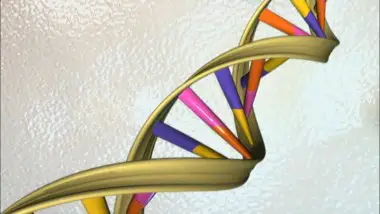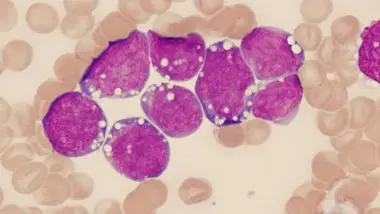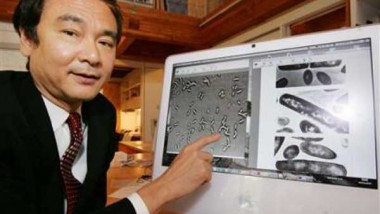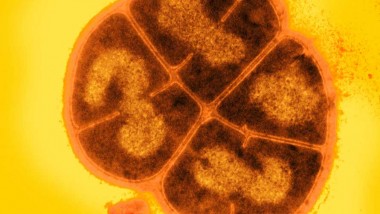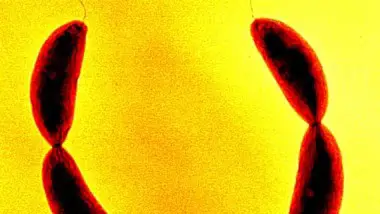In a new research currently taking place in the University of Washington (UW), scientists are trying to use alpha-particles’ radiation to kill lone cancer cells. Targeting the cancerous cells in the blood stream is done using specific antibodies. The radiation ...
Genome of a Single Man Sequenced
Craig Venter, the man who first sequenced the human genome, has now sequenced his own genome. This is the first time a single person’s genome has been sequenced. The genomic sequence can tell a lot about a person, for instance ...
Blocking the Proliferation of B-cells in Leukemia
Chronic Lymphocytic Leukemia (CLL) is a malignant disease caused by uncontrolled proliferation of B-cells, a type of white blood cells. The high proliferation rate is due to blockage of the cells’ self destruction mechanism called apoptosis, which allows the cells ...
Data Stored in a Bacteria DNA
A research team from Japan was able to store data on the DNA of a bacteria. Although this breakthrough doesn’t seem to have any immediate applications it might be an important step in the development of future biological computers. Biological ...
Radiation-Resistant Bacterium
A team of researchers discovered the way a specific kind of bacterium can survive enormous levels of ionizing radiation including X-rays and gamma-rays. The team from the Uniformed Services University of the Health Sciences (USU) was able to uncover the ...
Nature’s Super Glue
Researchers from the Indiana University at Bloomington and Brown University have discovered what could be nature’s strongest “super glue”, with a myriad of applications ranging from emergency wound-healing to mending damaged vessels at sea. How does an aquatic bacterium that ...

